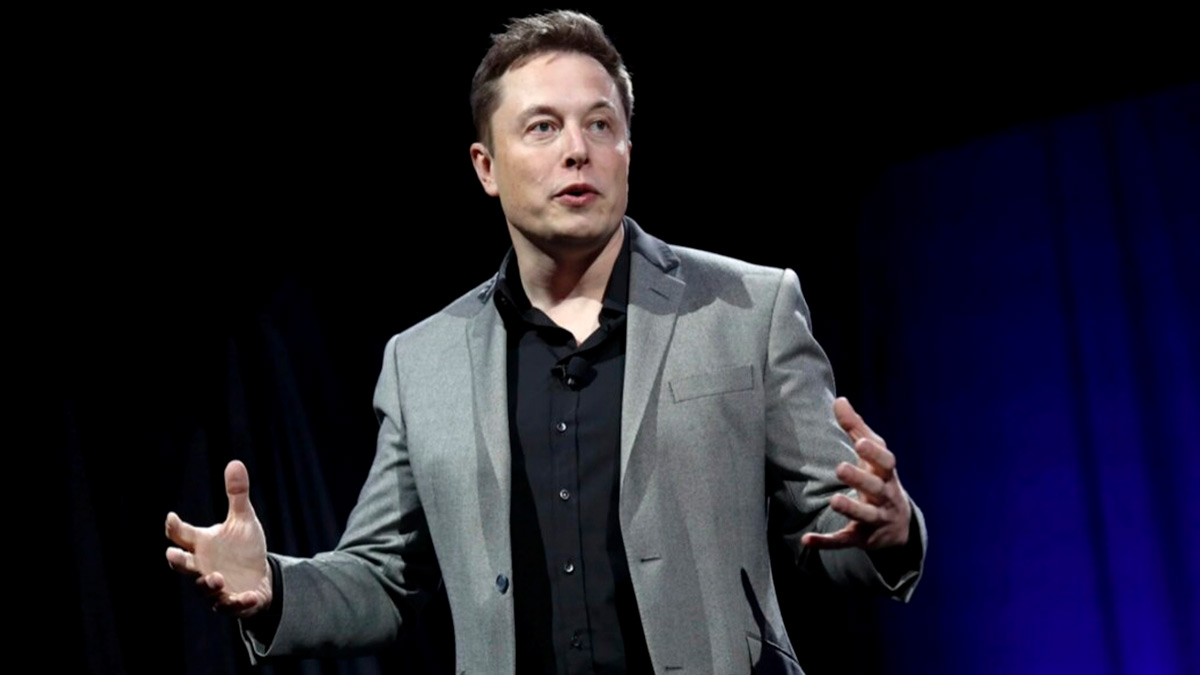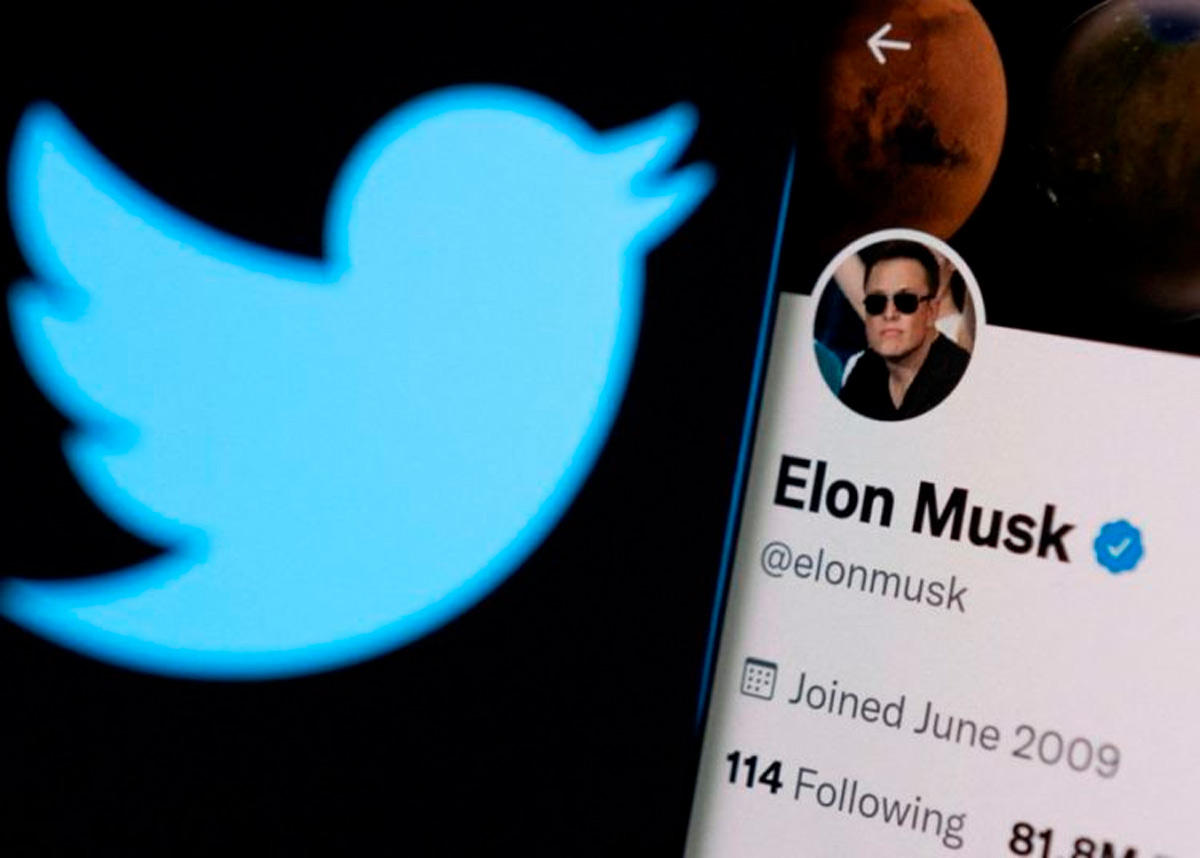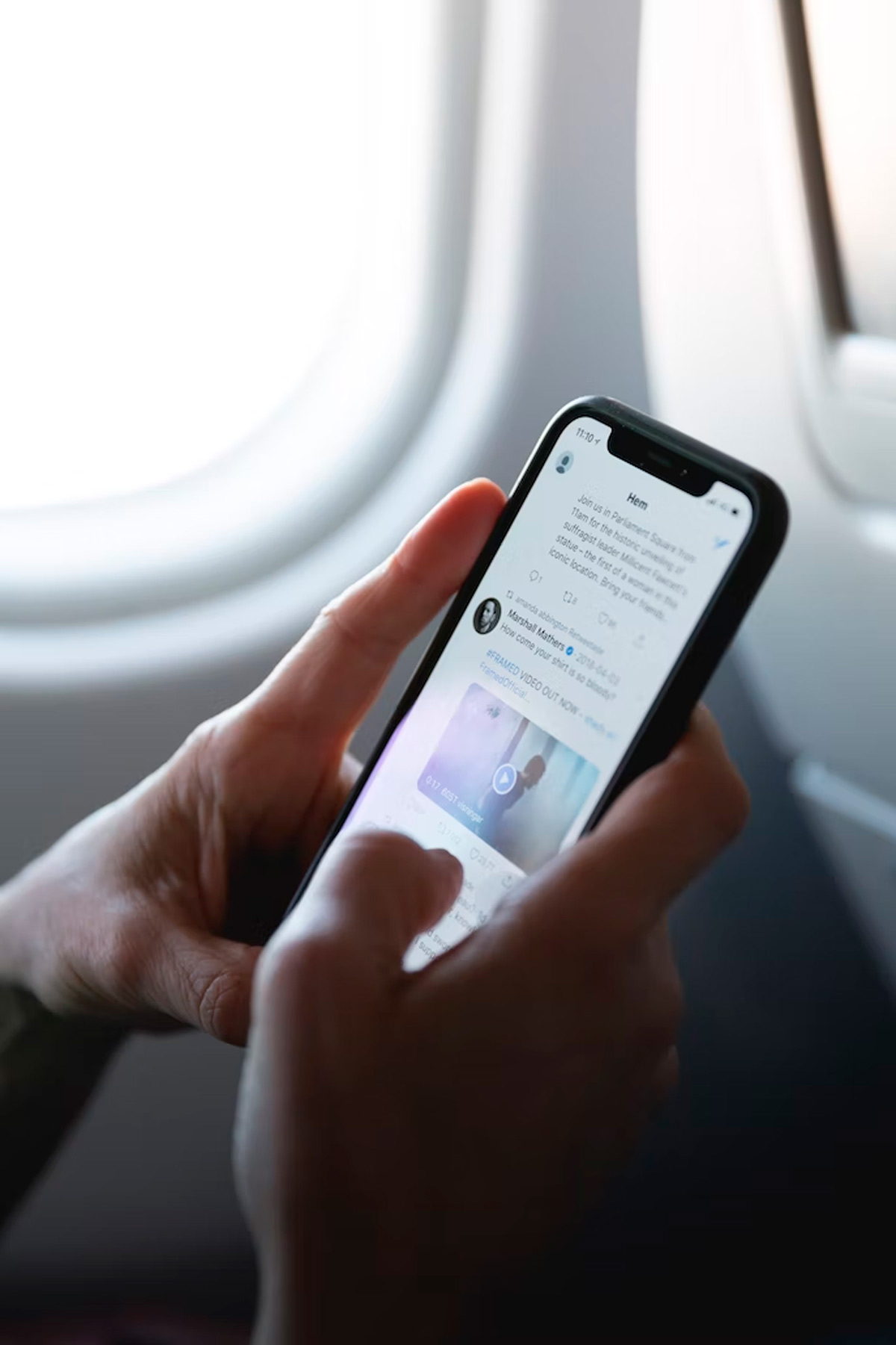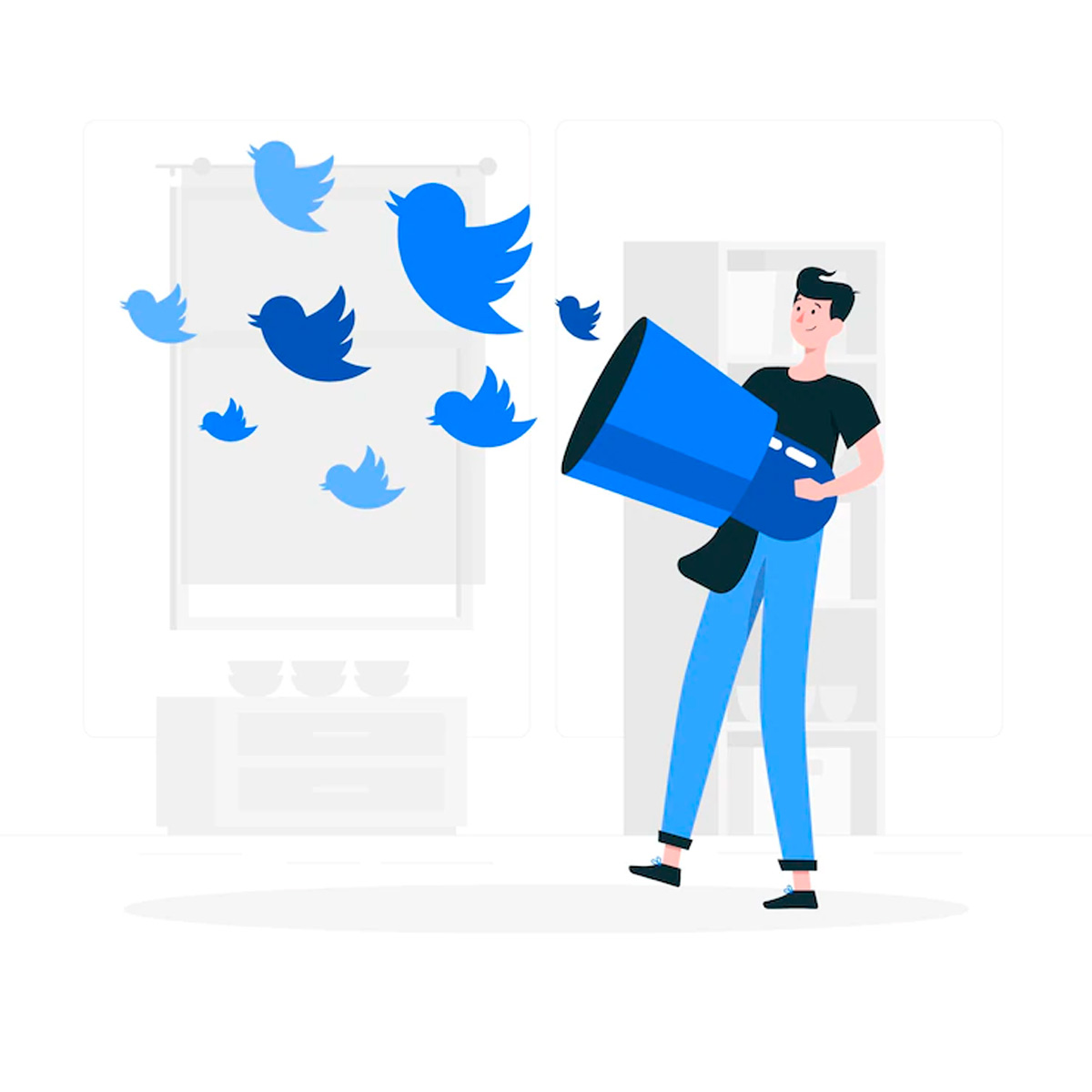
Hours after the launch of the new paid verification system, Twitter appears to be fighting celebrity and corporate impersonator accounts as they misuse the blue check mark privileges.
Multiple verified Twitter impersonator accounts have been suspended by the platform after they tweeted misleading content. The celebrities and companies who have been impersonated are the former President Donald Trump, the basketball player LeBron James, Rudy Giuliani, Nintendo of America, the software company Valve and others.
According to news reports, the imposter Nintendo account tweeted an image of Mario giving the viewer a middle finger. The fake Lebron James account falsely alleged that the athlete had requested a trade and the fake Trump account posted, “This is why Elon Musk’s plan does not work.”
In an interview with CNN, the user behind the fake Trump account, Brian Whelan, whose bio shows him as the head of video and social at London-based Times Radio, said that he created the fake Trump account “within two beers” and after spending £6. He purchased a Twitter Blue for an old, spare account using a prepaid card linked to his real name, and “immediately (had) a fake Trump with a blue tick for two hours.”
At HerZindagi, we talked to other verified twitter users about the new paid verification system. Here is what they have to say:

Asmita Nandy, a journalist, said that in her profession the blue tick (despite the shoddy process) gives a sense of authenticity. “Not to say that verified profiles don't share misinformation. But, a verified profile often has its benefits– more reach, interviewees are often more comfortable to respond to a verified account and much more.”
She added that to be fair to journalists, the news organisations they are working for should be ideally adding this money in their monthly compensation. “For freelancers, the commissioners should add this amount as part of the remuneration.” Meanwhile, she is not sure if she will be willing to pay $8 per month from her pocket.
On the other hand, Rituparna Chatterjee, the Deputy Asia editor of the Independent who has more than 99,000 followers does not think the blue tick guarantees authenticity. She will not be paying for the feature. “The idea of a major global platform that has the power to influence human rights responses in conflict and the potential to drive public good is defeated by the new policy, even if it is now privately owned,” she said.
She further noted that the price for verification will add up to a lot in a country like India, which would mean that those who can afford it will drive reach and response. Chatterjee believes that it does not prevent impersonation either and is not a badge of any value to her. “Anyone with $8 can buy it to push any content.”
Sherina Poyyail, a freelance journalist and marketer, has a similar line of thinking. “It is not only a waste of money, but it’s not like freelancers make so much money that we can afford such frivolous expenses in the first place.” She added that she would have considered buying it, but now anyone and everyone can get it so it offers no real value.
Meanwhile, Hamza Lakdawala, a former journalist who now practises law, believes that the new verification system under Twitter Blue has turned it into an “advertise your account by standing out” system.
Don't miss:‘Out Of Here’: Celebrities Exit Twitter After Elon Musk’s Takeover

Chatterjee thinks that it might restrict her reach if she chooses not to pay the amount, especially the advocacy-related activities she uses Twitter for, but she said “it is what it is” and has accepted what's to come.
Ashok Lalla, a digital business consultant said that he received a lot of followers who choose to follow blue tick accounts may unfollow him if he loses the blue tick. “However, it is unlikely that someone would impersonate me (what may happen with celebrities and public figures),” he said. Moreover, he believes that the blue tick would not matter to those who truly wish to engage with him.
While Lakdawala believes as a lawyer it will not affect his audience. Poyyail thinks the same despite being a journalist. She said that her audience hasn’t really changed or grown significantly since getting verified. “However, a blue tick is always useful to get noticed in terms of getting commissioned by editors or finding work. But this was before everyone could get a blue tick. Now a journalist and a random anime stan account can both be verified, so there’s no real distinguishing factor there.”
She knows that you can click on the checkmark to see if they paid for Twitter Blue or were verified otherwise, but “who has the time to check all that?”
Nandy also feels that credibility comes from the name more than the blue tick. “But it can be difficult to reach out to unknown people on Twitter for interviews without the blue tick. However, it is a paid commodity now, so I doubt the credibility of verified profiles will remain sacred.”
Don't miss:Gigi Hadid, Whoopi Goldberg Latest Among Celebrity Twitter Exits After Elon Musk Takeover
 Poyyail feels that a lot of users bought into the idea of Elon Musk’s comment of equalising Twitter for “lords and the peasants.” However, this has caused widespread misinformation and duplication of accounts. “For example, during COVID, you could tell it was the real Brihanmumbai Municipal Corporation (BMC) account giving out information because it was verified, now anyone can change their display name and picture and get verified and put out any information and it would be hard to figure out whom to trust, especially if you’re not well-versed with the internet,” she said.
Poyyail feels that a lot of users bought into the idea of Elon Musk’s comment of equalising Twitter for “lords and the peasants.” However, this has caused widespread misinformation and duplication of accounts. “For example, during COVID, you could tell it was the real Brihanmumbai Municipal Corporation (BMC) account giving out information because it was verified, now anyone can change their display name and picture and get verified and put out any information and it would be hard to figure out whom to trust, especially if you’re not well-versed with the internet,” she said.
Lakdawala said that many brands, politicians and influencers will pay for obvious reasons, which will make them stand out. Instead of democratising the system, it has widened the gap. He agrees that the old system was flawed, but a complete overhaul was not necessary and could be fixed with the help of stakeholders.
For Chatterjee, Twitter no longer feels like a safe space with its owner openly pushing a conservative agenda. “This has created divisive conversations,” she said.
Coming from a marketing perspective, Lalla said that the full contours of what Twitter will become post Musk’s acquisition will take time to become clear. “There are early reports that some advertisers have taken a wait-and-watch approach to their Twitter spends. If changes brought in impact how Twitter is used and the value users get from it, it may affect Twitter’s user growth, active usership and other aspects.”
But, he feels that all the noise around Musk’s takeover and the changes he plans to bring is giving Twitter a lot of airtime and visibility all around.
Poyyail added that “nothing is ever too big to fail, the new owners of Twitter are going to learn that the hard way.” Already many users are choosing Mastodon, a microblogging site which has been dubbed as the alternative to Twitter.
Our aim is to provide accurate, safe and expert verified information through our articles and social media handles. The remedies, advice and tips mentioned here are for general information only. Please consult your expert before trying any kind of health, beauty, life hacks or astrology related tips. For any feedback or complaint, contact us at compliant_gro@jagrannewmedia.com.